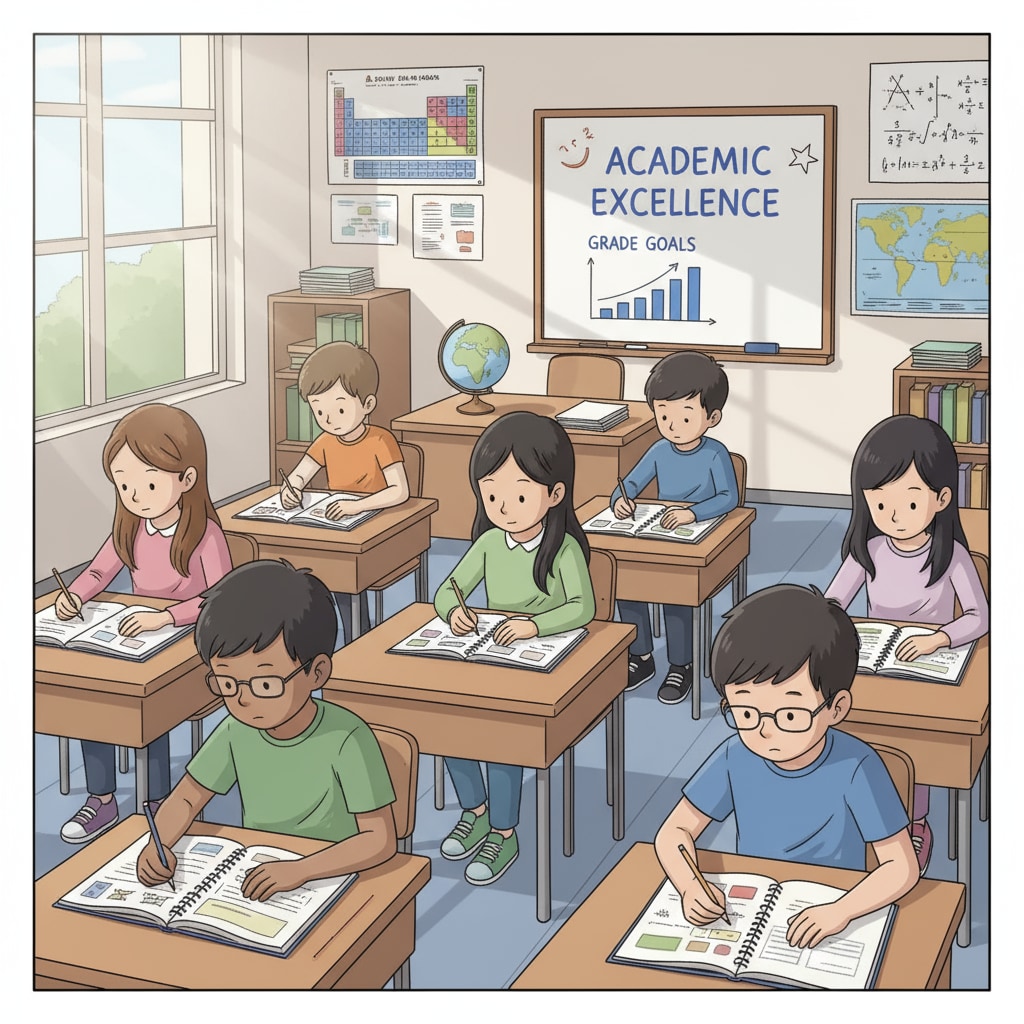Grades, employment, and students are often intricately linked in the minds of many. For a long time, there has been a common perception that students with excellent academic grades are destined for great success in the workplace. However, this assumption may not always hold true.
The Myth of “High Grades Equal High Achievements”
Throughout the K12 education system, students are constantly evaluated based on their grades. Parents, teachers, and society at large often equate high grades with intelligence, hard work, and future success. But as students transition into the workplace, it becomes evident that academic success doesn’t always translate directly into professional accomplishment. For example, a student who excels in mathematics and science in school may struggle to adapt to the fast-paced, collaborative environment of a modern office. According to the American Psychological Association, there are numerous factors at play in the workplace that go beyond academic knowledge.

Skills Beyond the Classroom
Workplace success often hinges on a variety of skills that are not typically measured by academic grades. Soft skills such as communication, teamwork, problem-solving, and adaptability are crucial. A student who may not have the highest grades but possesses strong communication skills can often build better relationships with colleagues and clients. Similarly, the ability to solve real-world problems and adapt to changing circumstances is highly valued in the workplace. Britannica’s article on careers emphasizes that these skills are essential for long-term career growth.

In addition to soft skills, practical skills are also important. For instance, proficiency in using certain software or tools relevant to the industry can give a person an edge. These practical skills may not be directly related to academic subjects taught in school but are highly relevant in the workplace.
To sum it up, while academic grades are an important part of a student’s educational journey, they are just one piece of the puzzle when it comes to workplace success. Students should focus on developing a well-rounded set of skills to thrive in the professional world. The days of assuming that high grades guarantee high achievements in the workplace are long gone. It’s time to recognize the diverse factors that contribute to success beyond the classroom.
Readability guidance: This article uses short paragraphs to present ideas clearly. Each H2 section provides key points. The use of passive语态 is minimized, and transition words like “however”, “for example”, and “in addition” are used to enhance the flow of the text.


